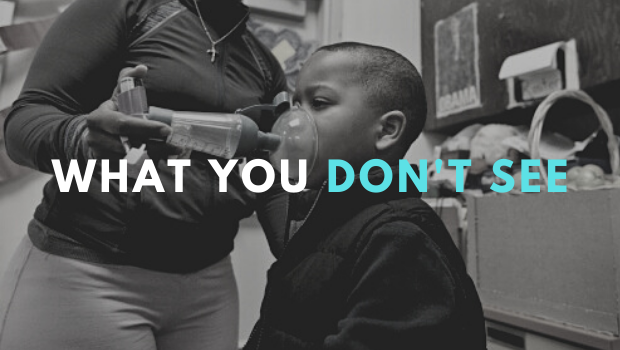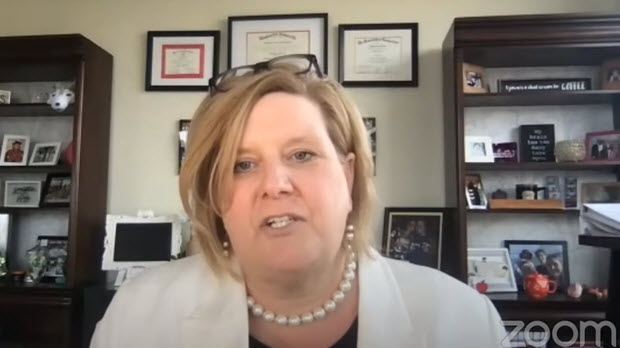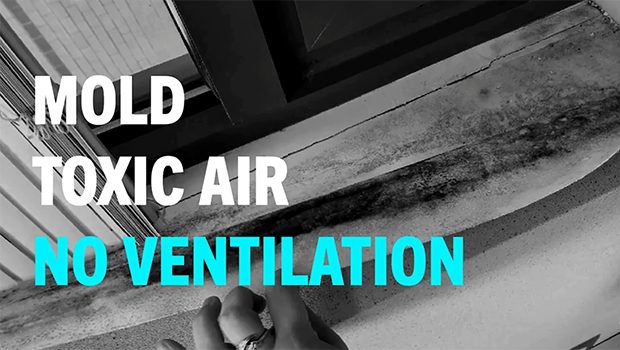Improve Indoor Air Quality in Public Schools
CEA is advocating for legislation to ensure that our classrooms are healthy places for teachers to teach and students to learn.
Define acceptable conditions for indoor air quality.
Establish acceptable temperature and humidity ranges (68°-76°; 20%-60% humidity levels) as well as HVAC standards, and define Indoor Air Quality as “the overall potential health factors within a school facility, including air quality, mold levels, and other potentially harmful toxins.”
Create a monitoring program.
Develop a program for the Department of Labor (along with the State Department of Education and the State Office of Policy Management) to:
- Regularly assess and monitor standards and HVAC systems
- Require corrective action when standards are not met
- Close schools when temperature cannot be maintained for more than 2 hours (with guarantee of no diminishment of pay for those scheduled on such days)
- Ensure compliance by boards of education by June 30, 2026
- Require board of education to participate in the EPA’s Air Quality Flag Program
“On or before June 30, 2026, and each year thereafter, each local and regional boards of education shall have in place, a heating, ventilation, and air conditioning system capable of being in full compliance with the temperature, humidity, and routine indoor-air monitoring program standards established pursuant to this act and shall operate and maintain such system in accordance with such standards.”
Extend school construction bond program to include HVAC.
Provides safe harbor for school districts that take necessary steps.
Considers school districts in compliance with HVAC requirements if they have submitted a school construction application (note: school must still close if temperature ranges are exceeded).
Develop IAQ complaint procedures in schools.
Require school districts to set up a system for IAQ complaints, investigate complaints that arise, and implement remedial plans. Provide additional whistleblower protection for employees who report indoor air quality concerns.
Poor air quality is making children and teachers sick. We must improve air quality in schools.
State Representatives Jonathan Steinberg & Robin Comey explain the importance of passing the Indoor Air Quality bill.
State Representative Jonathan Steinberg explain the importance of passing the Indoor Air Quality bill in this legislative session.













